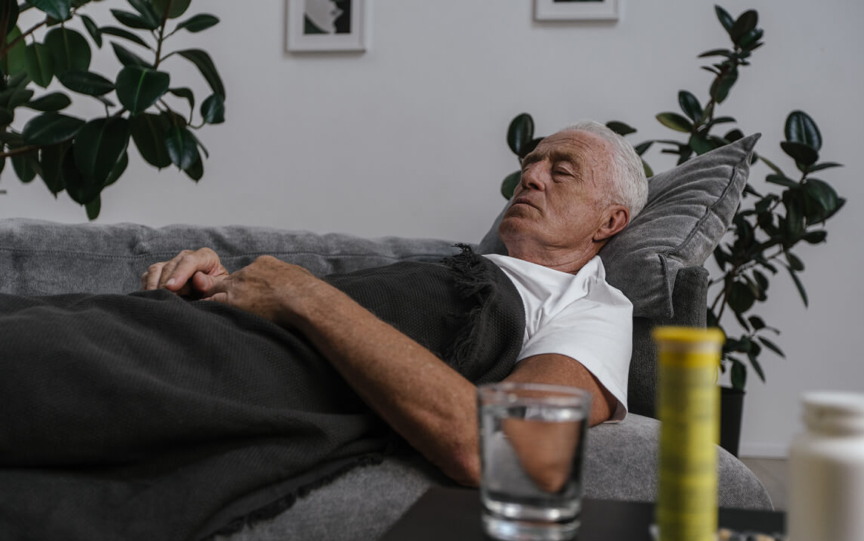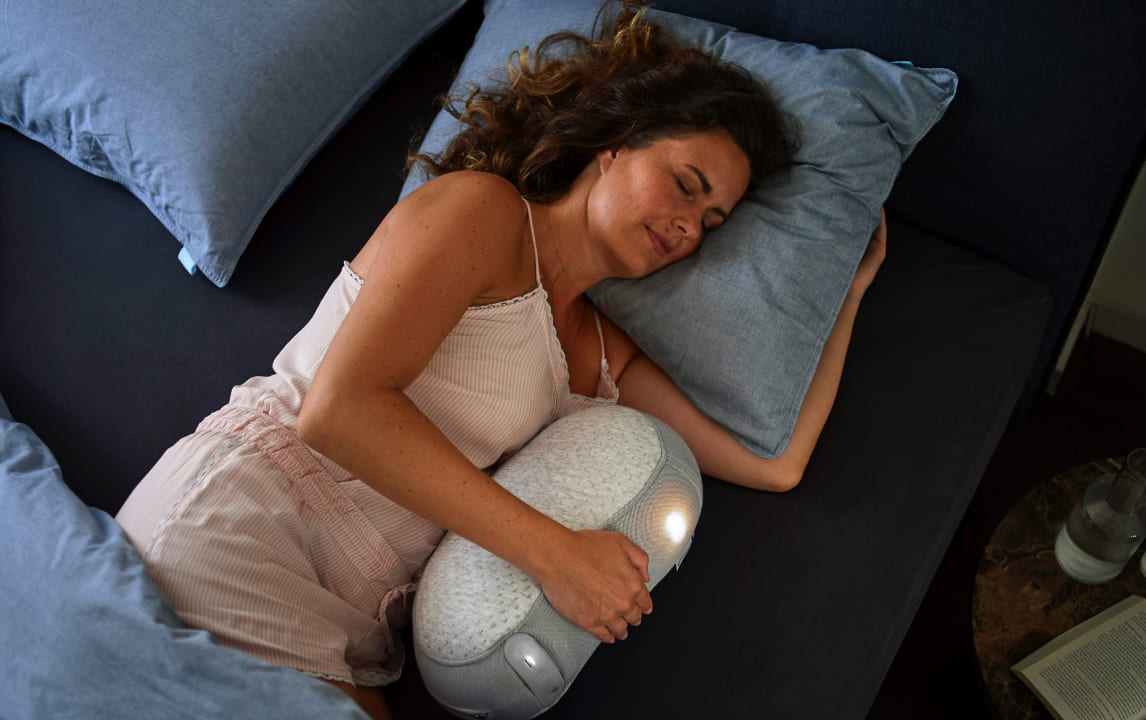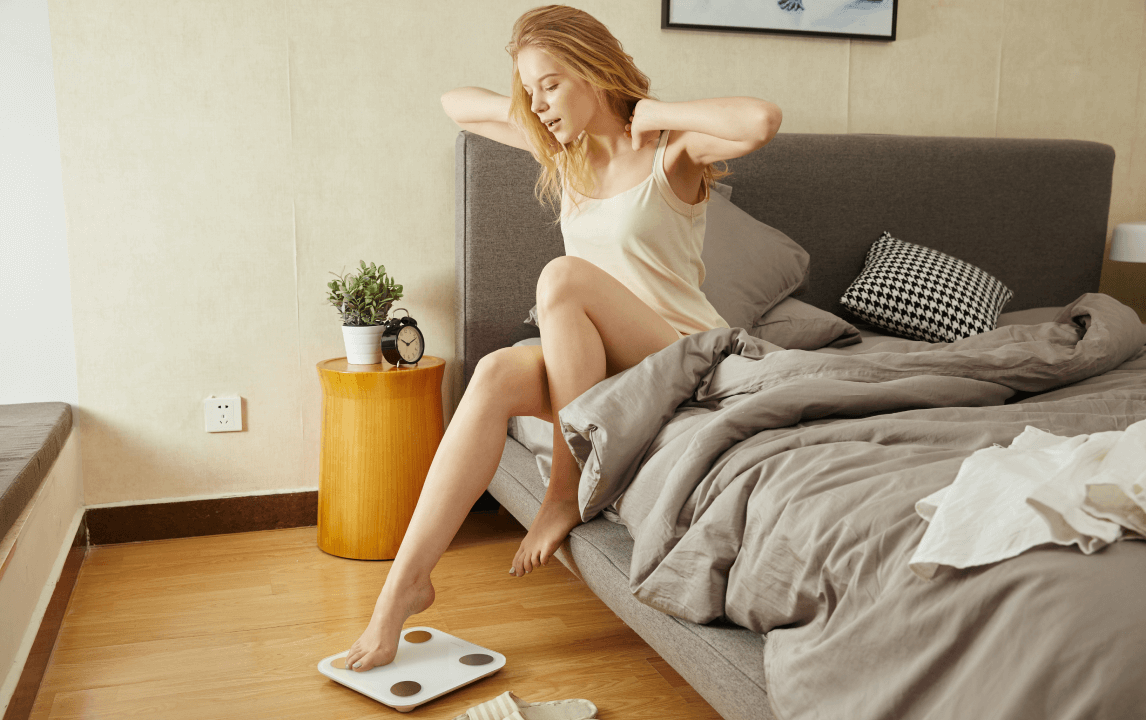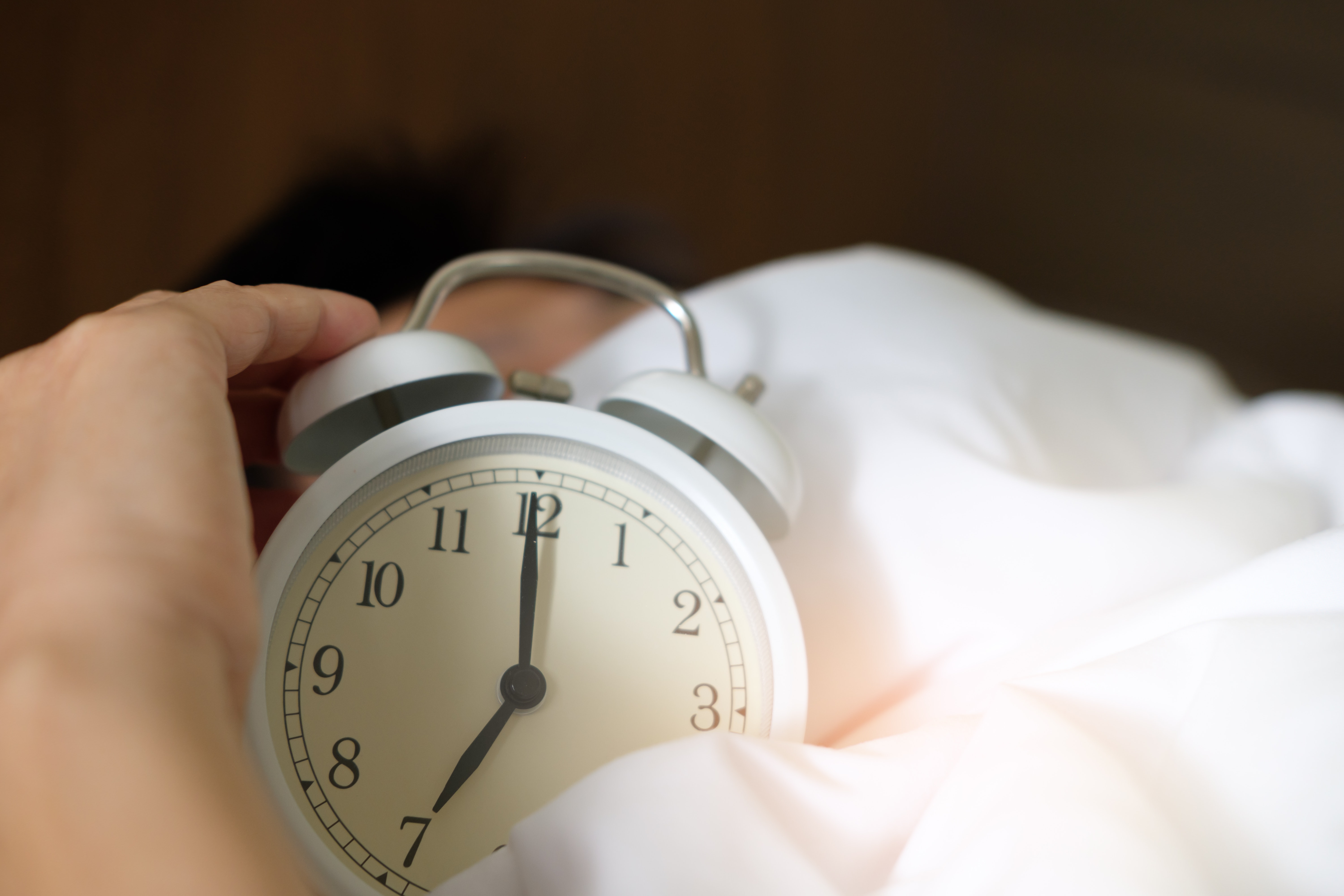Night sweats are an embarrassing part of life for many people. Night sweats in men are particularly common. If you experience night sweats, you’re probably familiar with waking up damp in sweat. It’s normal to experience variations in your body temperature while you sleep, and sometimes this can lead to sweating.
When to Be Concerned about Night Sweats In Men?
Night sweats in men should be a concern when your night sweats last two weeks or more and are associated with the below conditions:
- Unintentional weight loss
- Fever and chills
- Body and joint pain
- Lymphadenopathy
- Cold cough
- Diarrhea
What Causes Night Sweats in Men?
Night sweats in men can reduce sleep quality, concern a bed partner, and provoke serious discomfort. When you awake drenched in sweat, you might wonder what causes sweating while sleeping.
Both men and women can experience night sweats for many of the same reasons, such as infections and stress. Men are sometimes more likely to have other conditions that cause night sweats. Menopause is a major cause of night sweats in women. However, hormones and low testosterone levels have been identified as the underlying cause of night sweats in men.
- Low testosterone levels
- Stress, anxiety and nightmares
- Sleep apnea
- Alcohol consumption
- Infections
- Medication side effects
- Hyperhidrosis
- Exercise
- Gastroesophageal reflux disease
- Autoimmune disorders
- Some cancers
How Are Night Sweats Men Treated?
Night sweats can be worrying and bothersome, so how to stop night sweats and get better sleep? If night sweats are caused by an underlying health problem, treating the condition can often help reduce them. Some potential treatment methods include modifications to environment and behavior, cognitive behavioral therapy, and medication.
1. Change Environment and Lifestyle

Here are some things you can do to improve your sleeping hygiene and take to sleep more comfortably:
- Keep your bedroom cooler
- Choose moisture-wicking sleepwear and bedding
- Wear breathable clothing
- Avoid caffeine, alcohol or hot beverages before bed
- Drink cold water
- Maintain a healthy weight
- Do not exercise right before bed
- Utilize relaxation techniques
2. Cognitive Behavioral Therapy
It is a type of talk therapy commonly used for health problems like depression, anxiety, and insomnia. Studies have found that CBT-I for hot flashes and night sweats can reduce their frequency and improve mood and quality of life in menopausal women.
3. Medications
If existing medications are causing night sweats, then changing the prescription, the dosage, or the time of taking medicine may improve the symptoms. If the night sweats are caused by an underlying infection or hormone problem, medication may help address them.
For extreme cases of night sweats, medication is an option. Alpha-blockers are commonly prescribed to treat high blood pressure and prostate problems in men. An added benefit may be preventing night sweats caused by antidepressants.
Conclusion
Night sweats are a common symptom and not something to worry about. However, since night sweats can be a symptom of a health problem that needs to be treated, you should talk to your doctor if they occur frequently or are not affected by lifestyle changes.









